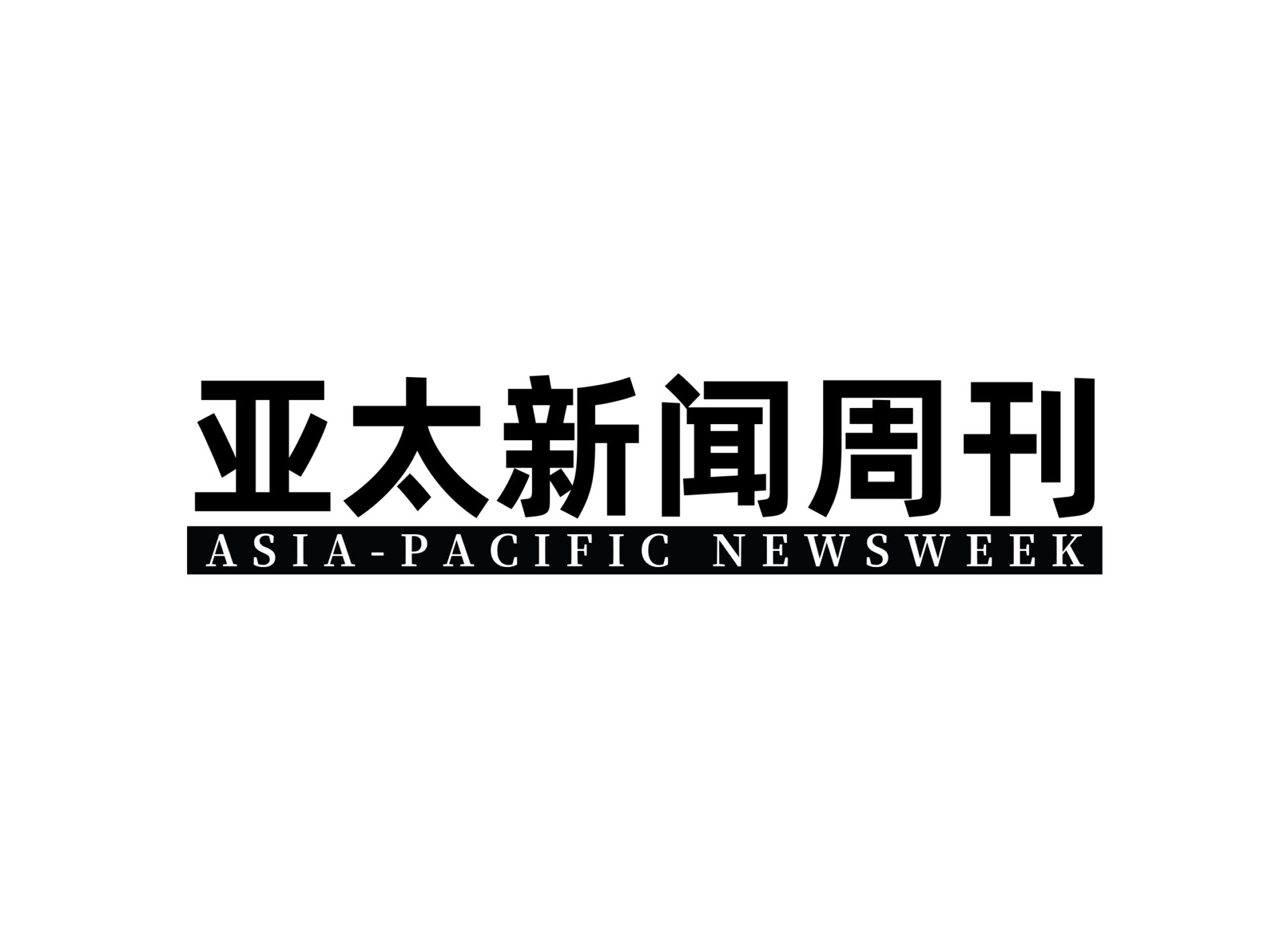Guidance from U.S. Citizenship and Immigration Services (USCIS) clarifies that a $100,000 fee imposed in September to obtain H-1B visas for skilled foreign workers applies only to new applicants who are living abroad.
In a notice posted on the agency’s website late Monday, USCIS explains what types of visa applicants must pay the new six-figure fee and who is exempt. Applications for H-1B visas filed on or after Sept. 21 for workers outside the U.S. and who are not current H-1B visa holders are subject to the $100,000 charge, USCIS said.
The fee also applies if a petition filed on or after Sept. 21 “requests consular notification, port of entry notification or pre-flight inspection for an alien in the United States.”
The $100,000 payment must be paid prior to applying for an H-1B visa, according to USCIS.
Importantly for employers, the fee does not apply when a visa applicant files to move from one type of visa to another, such as from an F-1 visa for non-U.S. students to H-1B status.
The White House had previously said the fee would apply to all new H-1B visa applicants, with exemptions for some specialized workers who do not “pose a threat to the security or welfare” of the U.S.
In announcing the new H-1B policy on Sept. 19, President Trump said the new fee was necessary “to address the abuse of that program while still permitting companies to hire the best of the best temporary foreign workers.” He also said some employers take advantage of the visa program to undercut U.S. workers’ wages by hiring lower-paid foreign workers.
The Trump administration has said the $100,000 fee for foreign employees to obtain an H-1B visa will compel U.S. companies to hire Americans, instead of relying on labor from overseas. Many economists, however, expect mixed results.
In the short term, some U.S. technology workers could see their job prospects improve, as employers turn away from foreign labor because of the hefty fee attached. Other research, however, such as a 2024 study on the impact of U.S. immigration on employment, from the nonprofit IZA Institute of Labor Economics, found that H-1B workers actually “help firms increase their employment,” and that every H-1B worker a company hired helped produce additional job gains, which includes domestic hires.
Earlier this month, the U.S. Chamber of Commerce sued the Trump administration over the foreign worker visa fee, calling it unlawful. It was the second complaint to be filed challenging the fee, with a coalition of health care groups and labor unions also challenging the policy’s legality in a lawsuit filed in October.


